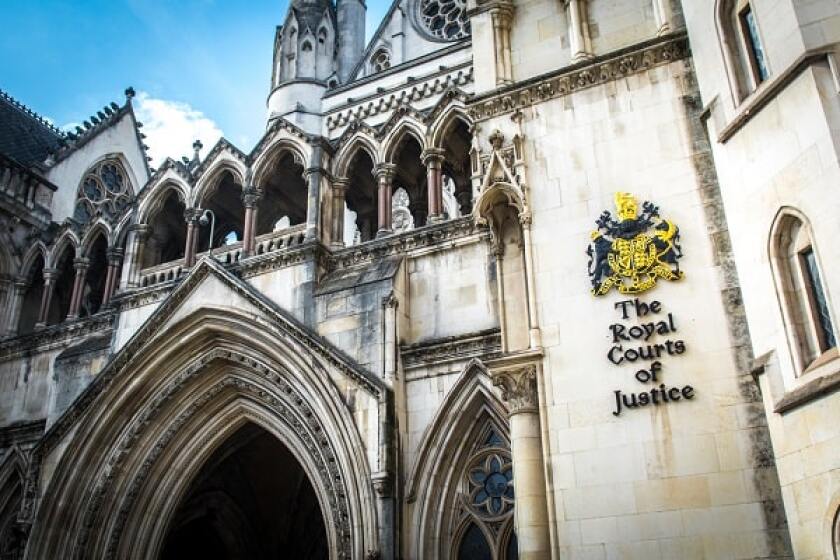An organisation representing mainly SMEs has filed a group-action lawsuit against Marks & Clerk alleging that the firm received “secret commissions” for referring intellectual property renewals work.
The particulars of claim was filed at the England and Wales High Court on Monday, April 12, by an organisation called Commission Recovery Limited (CRL). The allegations concern work that M&C referred to IP services provider CPA Global, which is not listed as a defendant.
The claim alleges that while clients agreed to CPA Global taking on their renewals work, they were unaware of the commissions being paid to M&C, and that these payments constituted unauthorised profit.
According to a CRL statement, these secret commissions have earned M&C between £2 million ($2.7 million) and £3 million per year in the UK – with the total figure likely to exceed £50 million.
A spokesperson for M&C told Managing IP that the firm categorically denies any wrongdoing.
“The claimant, CRL, and its founder are commercially driven and motivated by their own business interests. The allegations mischaracterise the work we undertake and our relationship with CPA. We will defend the claim vigorously.”
Peter Rouse, founder of CRL, said: “It is simply unacceptable that a firm like Marks & Clerk would develop a secret commissions scheme solely designed to line their own pockets while exploiting the very businesses they claim to serve.”
He added: “We want to provide a mechanism for affected businesses – who have been taken advantage of for years – to seek the justice and compensation they deserve.”
A spokesperson for Clarivate, which acquired CPA Global in 2020, said it “categorically and emphatically” denies any wrongdoing, adding: “Neither Clarivate nor CPA Global are named as defendants in the legal action.”
The claim has been brought as a representative action on behalf of all current and former clients of M&C and its predecessor practices. Unlike some group-action claims where parties can choose to join, this is an opt-out claim. Potentially affected claimants do not need to join or sign up.
The claim comes five years after CPA Global itself was sued for allegedly overcharging for foreign patent renewal fees. The 2016 class-action lawsuit was filed in the US by medical diagnostic company Run Them Sweet. That case was later settled.











